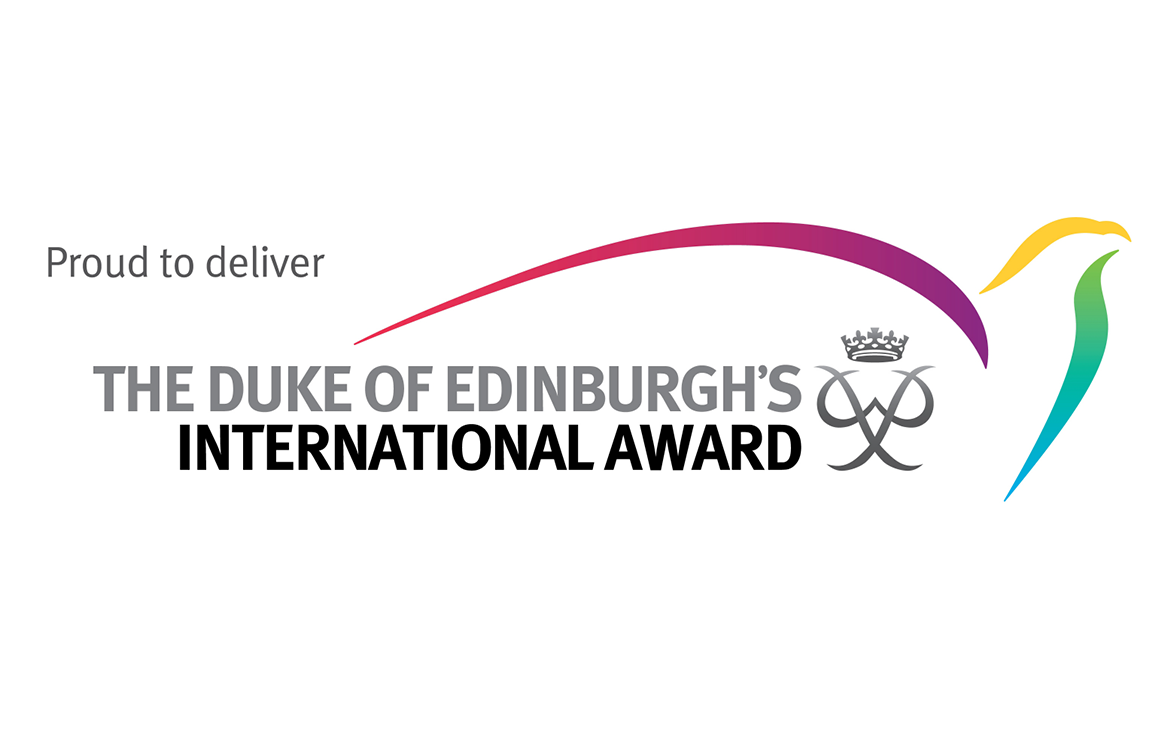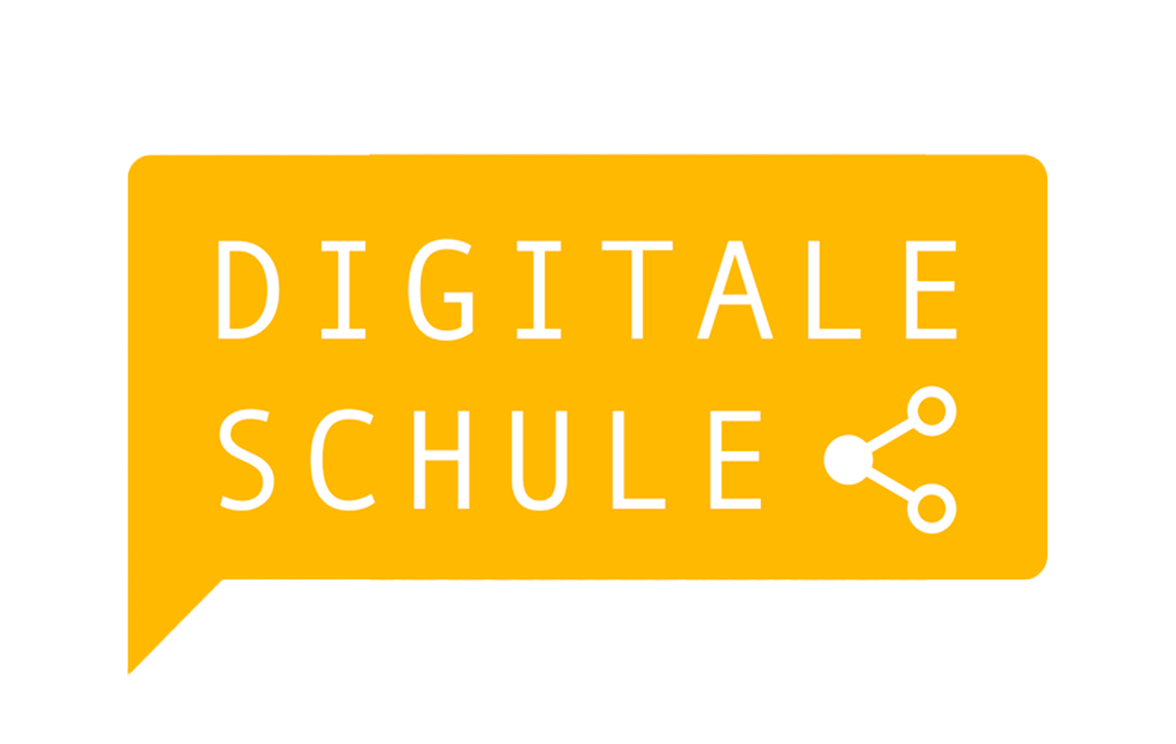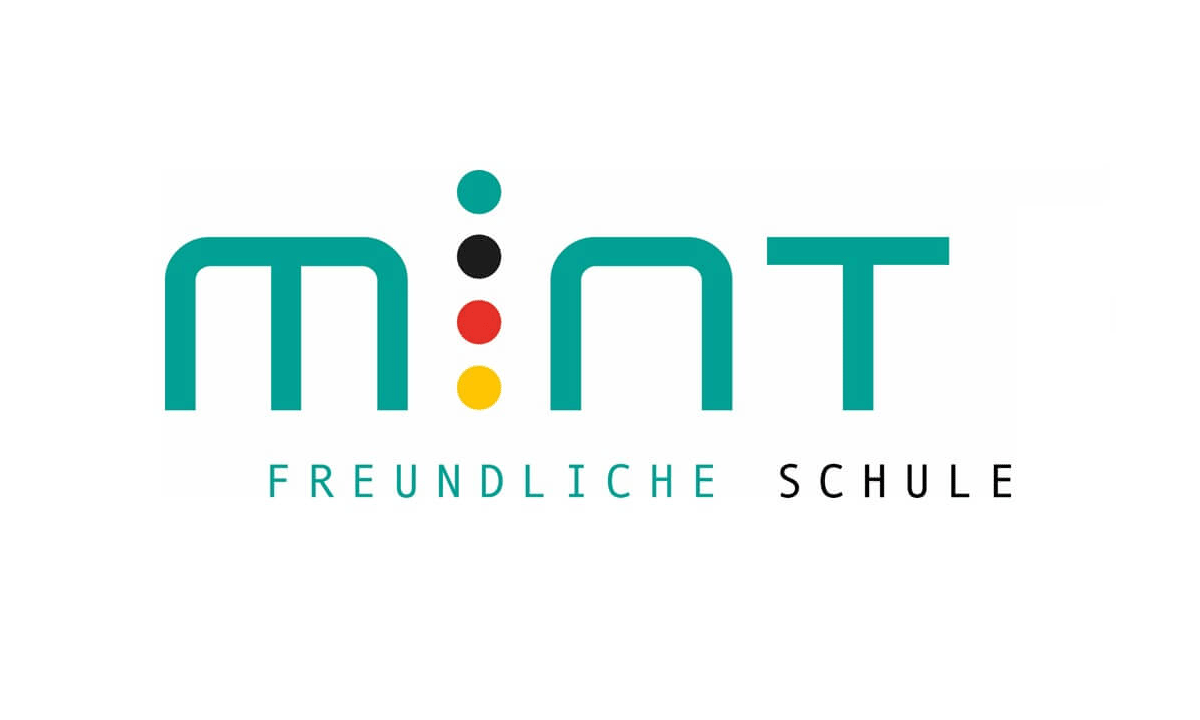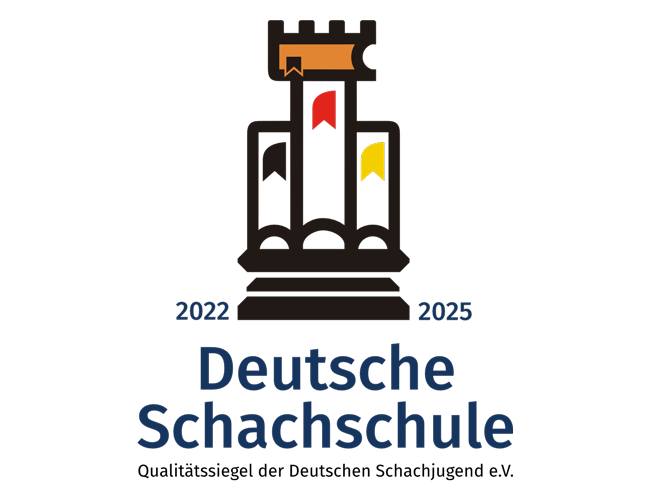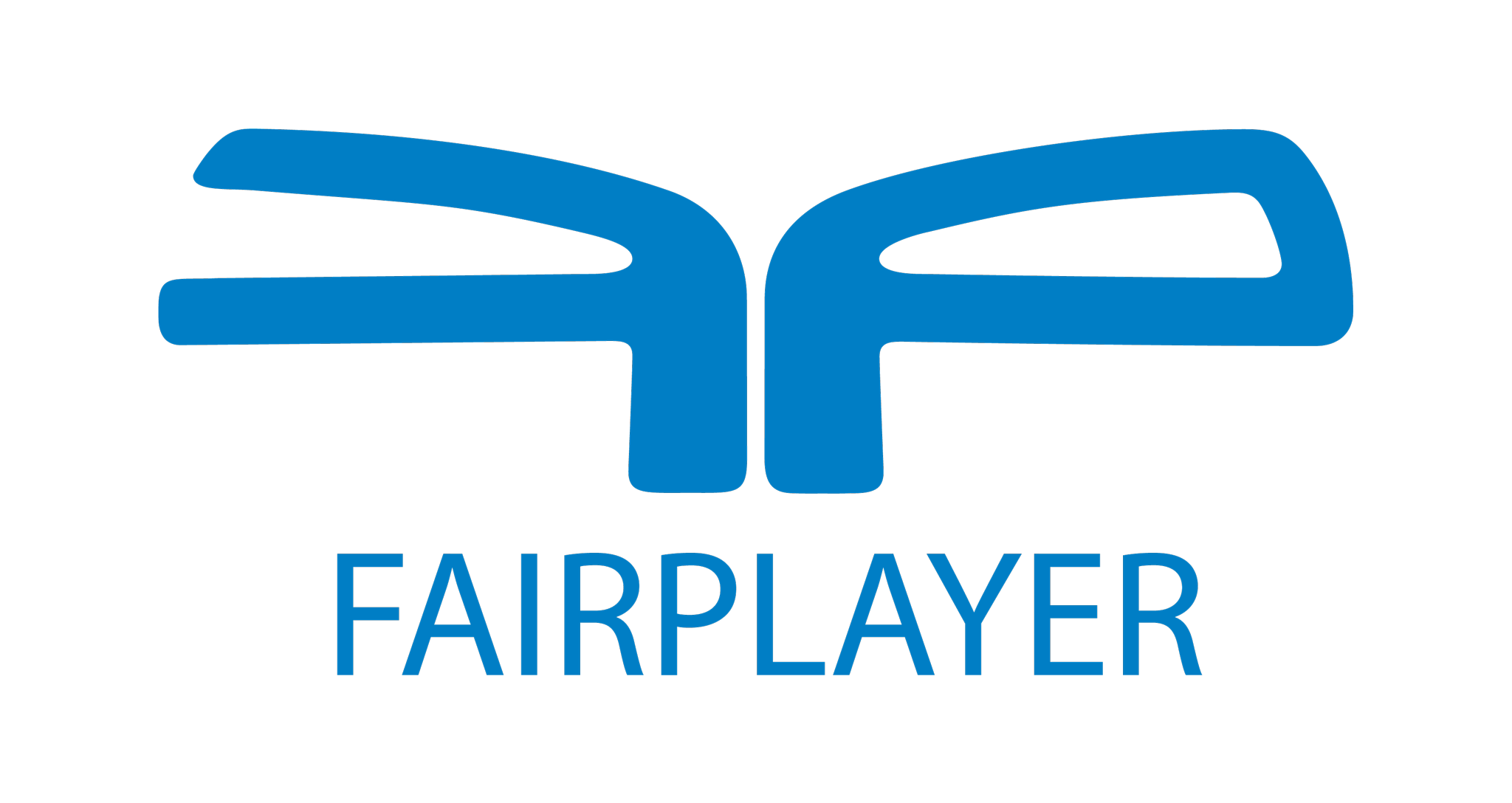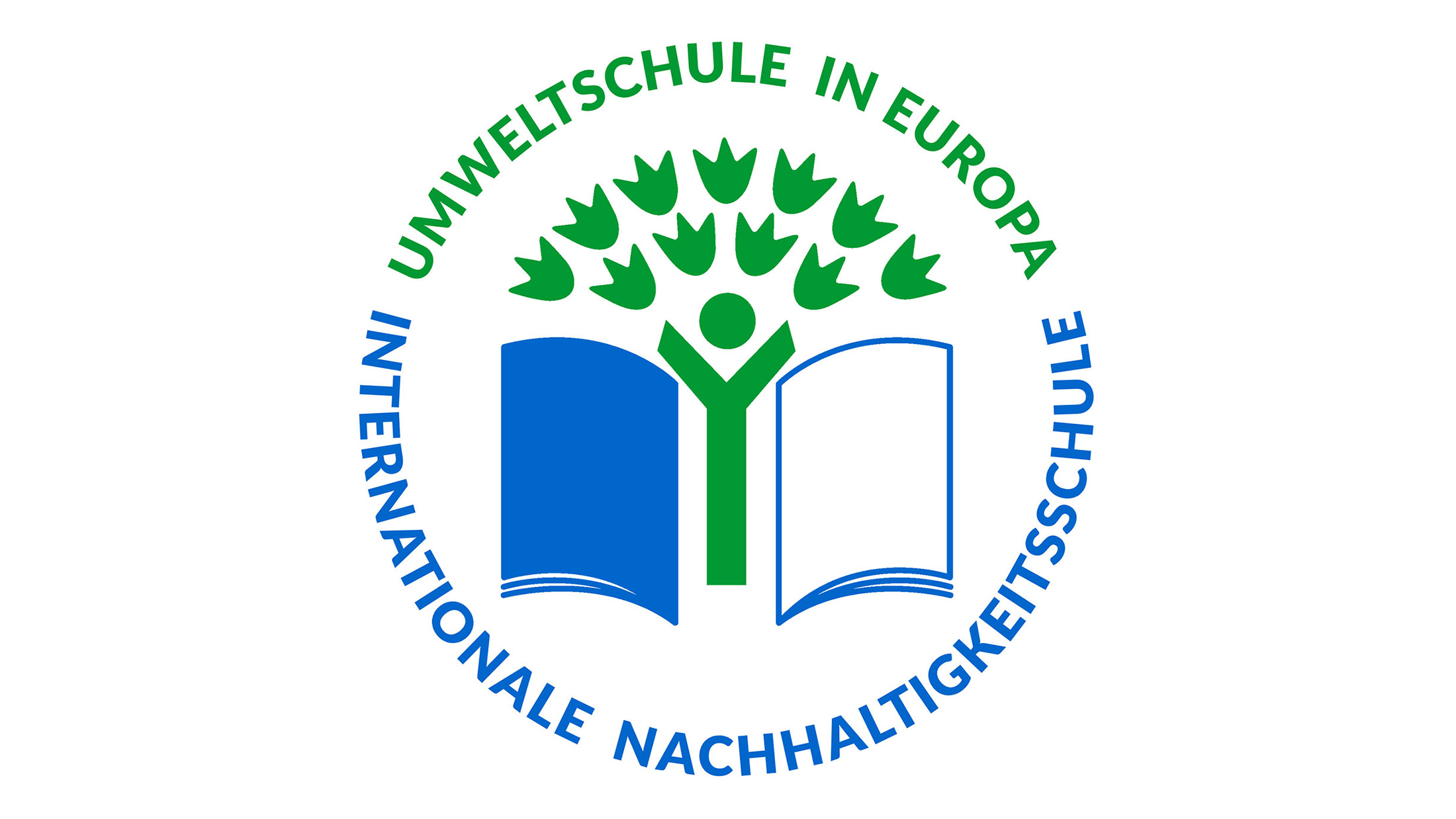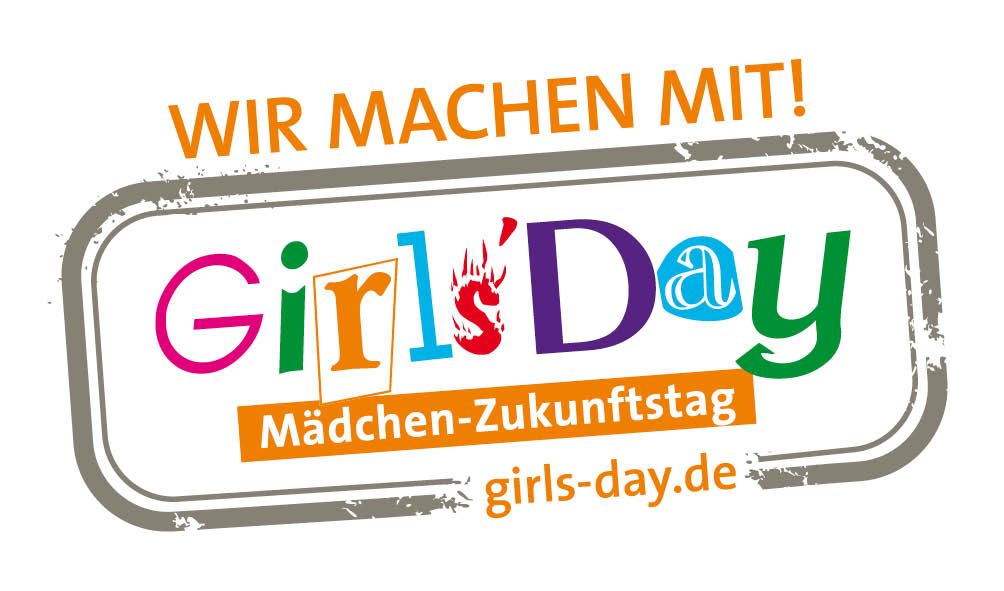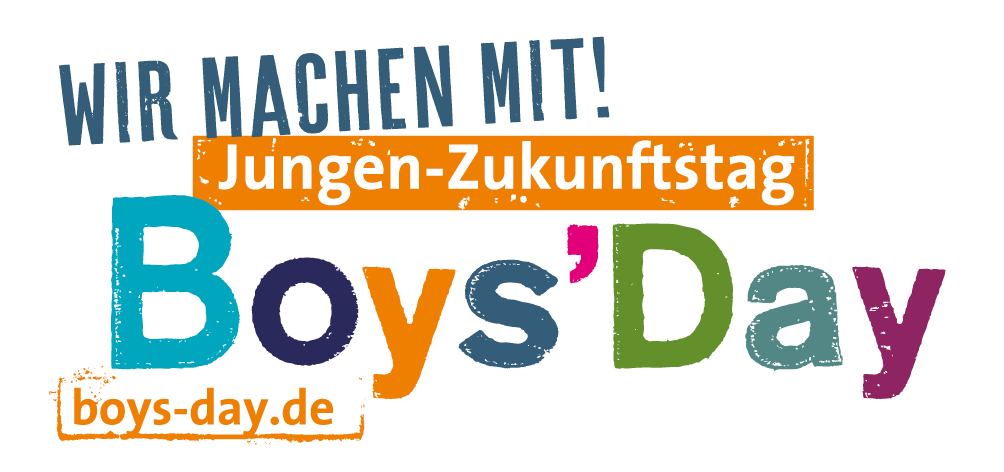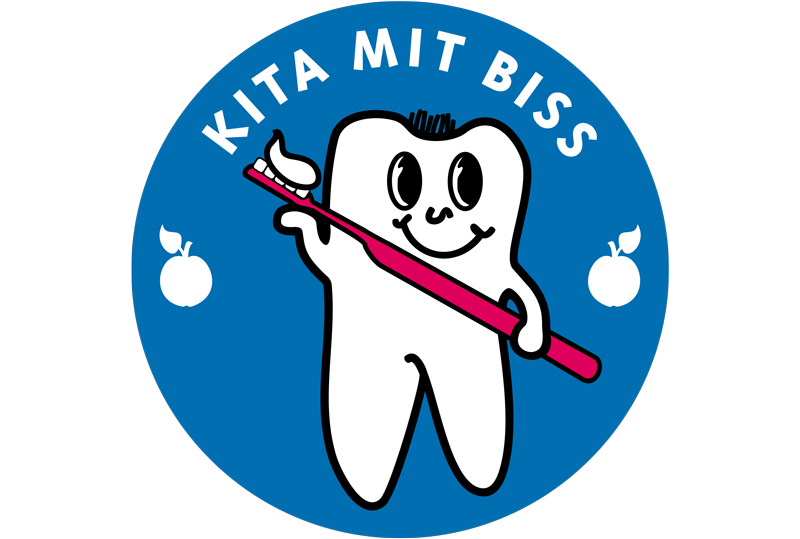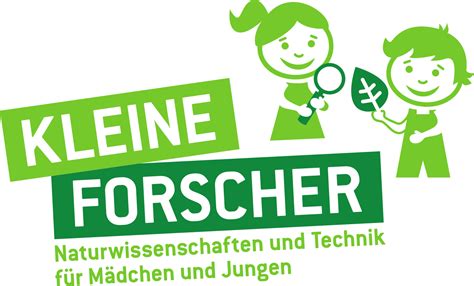Pedagogical Concept
The fundamental idea behind our Gemeinschaftsschule is that all students learn together, from the beginning of their school time until graduation. Each child then receives a school leaving qualification corresponding to their individual abilities. As a result, all Platanus children have the opportunity to stay here with us until the end of their school life. They are also given the individual freedom to not decide upon any particular educational qualification too early or too late in their school life or when it comes to making decisions about going their separate ways.
The goal of our Gemeinschaftsschule is to create equal opportunities for all children irrespective of their individual learning needs and family backgrounds through creating individual learning opportunities. Our Gemeinschaftsschule offers a particularly varied and differentiated learning environment with cross-curricular teaching and learning, in which each and every student is supported and challenged based on their individual abilities.
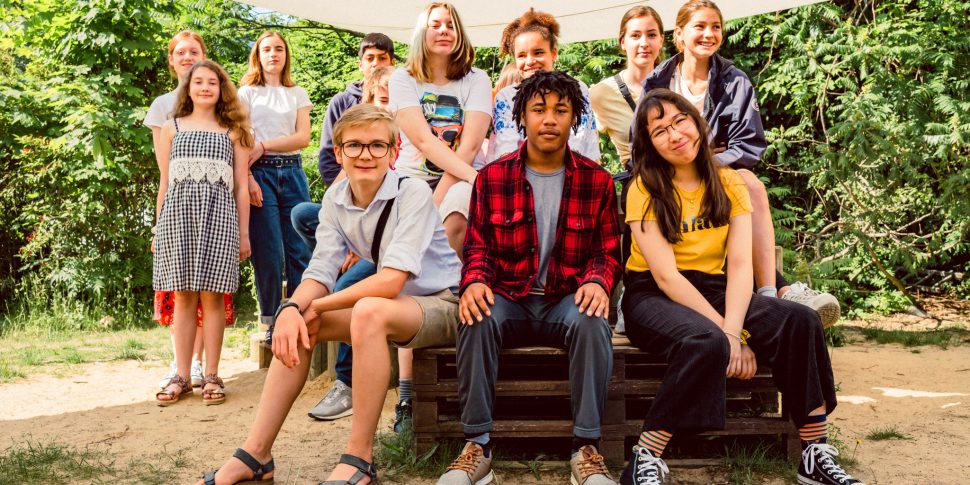
We offer a modern and comprehensive pedagogical concept based on scientifically proven and practice based learning and teaching methods, free from pedagogical or denominational dogmas. We foster an open school culture with internal and external evaluation of the quality of teaching, learning and our Co-Curricular Enrichment Program.
Our Gemeinschaftsschule is open to the children all day from 6:00 to 18:00. Our school life is made up of lessons, Co-Curricular Enrichment time, class counsil, study time, project days, consultations, breaks, eating meals together, clubs, early and late care supervision, holiday programs, school and class celebrations, class trips, sporting activities, competitions, freeplay in the schoolyard and in the early/late care room, relaxing in comfortable quiet zones, reading and browsing in the reading corner and in our school library internal workshops offered during lunch time as well as excursions and trips in and around Berlin.
The professional and trustful working relationship between our Erzieher*innen and teachers is reflected in the whole organisation of our school: in our organization chart, in the committees, in Team-Teaching and Support-Teaching, in the staff rooms, as well as in all of the work put in together on our School-Internal Curriculum. Teachers and Erzieher*innen shape our school life and work together in class conferences, evaluating the work-performance and social behaviour of each child, parent evenings, parent-teacher meetings, individual meetings with parents, project days, class trips and substitution.
At Platanus Schule Berlin, we believe that the actions of our educators has the biggest influence on the success of our students. The key to this success is not only the personality of the respective educational specialist, but also the concrete actions (e.g. didactic, methodical, educational) and their effect on the students and their individual educational achievements. Our educators do not see their main task as ‘delivering’ the fixed content of an abstract curriculum in the classroom or in the Co-Curricular Enrichment Program, but to enable all students, through various forms of mutual feedback, to achieve successful individual learning outcomes.
Both the student centred teaching and the Co-Curricular Enrichment Program at our school are competence oriented. This means that we do not merely impart new knowledge and procedures (surface structure), but rather develop a sustainable way of understanding newly acquired knowledge and connections with previously learned understanding, procedures, models, theories and world views (deep structures). During planning, our educators anticipate different learning styles, possible learning difficulties and identify helpful learning strategies. In concrete terms, this means that we design our students activating lessons and the Co-Curricular Enrichment Program in a goal oriented way using internal differentiation, Team-Teaching, Support-Teaching, support and challenge in small groups, cross-curricular project work, group and partner and project work, discussions, presentations, learning method training, IT and media competence training, the use of easy readers when learning how to read, word work, various forms of dictation but also through classic frontal teaching during instructional phases and compulsary readings.
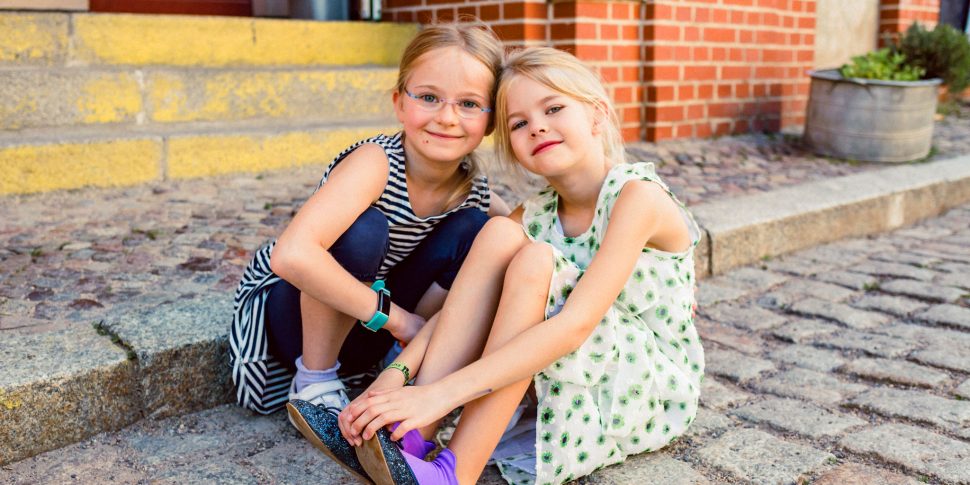
School is the place where students spend the majority of their young lives. They not only learn here, but develop their personalities through play with their fellow students, teachers and Erzieher*innen. We support and guide this development in lessons and the Co-Curricular Enrichment Program and are aware of the great responsibility our task involves.
As the central starting point of our educational work, we see the natural characteristics of children and adolescents and endeavour to help them to view the things of life openly and with curiosity and to feel the joy of discovery and understanding. We would like to keep, produce and foster these qualities in our secure school environment as best we can. Our teachers, Erzieher*innen, students and parents pursue this goal together as best they can in order to develop the individual abilities of each child through motivational learning. We therefore place great value on all of our students feeling a sense of achievement.
